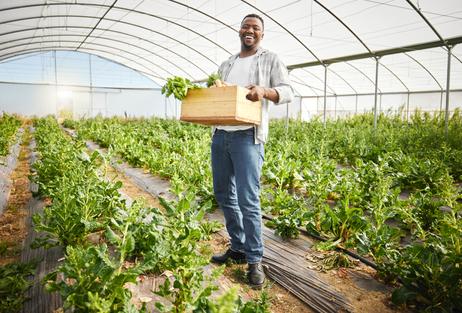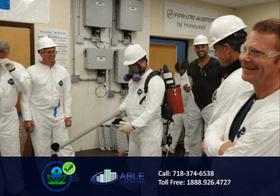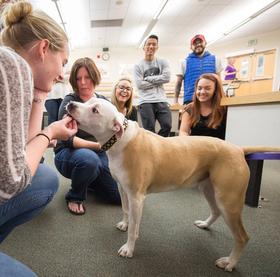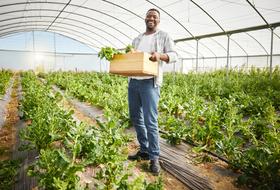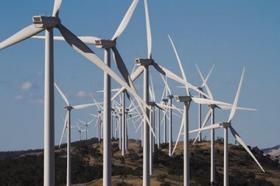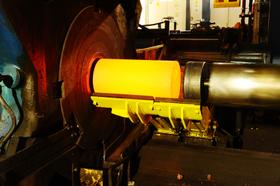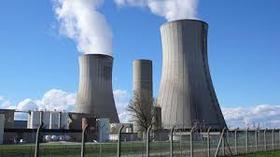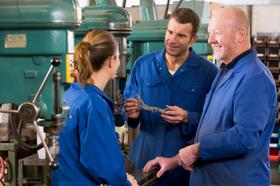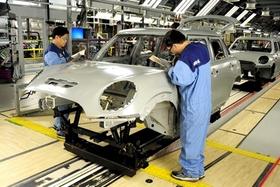Discover the promising world of sustainable agriculture and explore the diverse careers it offers for those passionate about building a greener future. From eco-friendly farming practices and cutting-edge agri-tech to impactful roles in supply chain management and impact investment, this article sheds light on how professionals in sustainable agriculture are shaping a more sustainable and resilient global food system.
The Rise of Sustainable Agriculture
The global agricultural industry has come under increased scrutiny in recent years due to its significant environmental impacts. Soil degradation, water pollution, and deforestation are some pressing issues that conventional farming practices have exacerbated. As a response to these challenges, sustainable agriculture has emerged as a holistic and eco-friendly approach to farming. By integrating ecological principles and social responsibility, sustainable agriculture seeks to maintain and improve the health of ecosystems while ensuring a reliable and equitable food supply. With growing awareness and demand for environmentally conscious products, sustainable agriculture is gaining momentum worldwide, attracting attention from governments, organizations, and individuals committed to building a greener future.
Sustainable Farming Techniques and Innovations
Various farming techniques and innovations are adopted in sustainable agriculture to minimize environmental impacts and enhance agricultural productivity. Organic farming, for instance, emphasizes using natural fertilizers, crop rotation, and pest management, reducing reliance on synthetic chemicals. Permaculture takes a systems-thinking approach, creating self-sustaining and regenerative ecosystems that mimic natural patterns. Agroforestry involves:
- Integrating trees with crops.
- Providing multiple benefits like biodiversity conservation.
- Carbon sequestration.
- Increased soil fertility.
Precision agriculture, enabled by cutting-edge technologies like drones and satellite imagery, optimizes resource use by targeting inputs like water and fertilizers, minimizing waste, and maximizing crop yields. These innovations are redefining the agricultural landscape, offering exciting opportunities for professionals to make a real impact through sustainable practices.
This video offers an overview of the sustainable farming program at Lorain Community College.
Cultivating Green Careers
As sustainable agriculture gains traction, it offers a broad spectrum of green careers that cater to diverse interests and skills. Organic farmers are crucial in producing food harmoniously with nature, following strict organic standards. Horticulturists focus on sustainable plant cultivation, landscaping, and urban greening projects. Agronomists conduct research and develop practices that improve soil health and optimize crop growth sustainably. Sustainable agriculture consultants collaborate with farmers, organizations, and policymakers to implement eco-friendly strategies. Food systems analysts study and advocate for integrating sustainable practices across the entire food supply chain, from production to distribution. Vertical farming specialists leverage cutting-edge technology to grow crops in controlled indoor environments using fewer resources and space. These careers align with environmental stewardship, ensuring that agriculture evolves toward a more sustainable and resilient future.
Sustainable Supply Chain Management
An often overlooked aspect of sustainable agriculture is the role of supply chain management in promoting eco-friendly practices. Professionals in this field work to ensure that products are sourced, processed, and delivered in a way that minimizes environmental impacts. Sustainable sourcing managers partner with farmers who follow environmentally friendly practices and promote fair trade principles. Distribution specialists optimize transportation and logistics to reduce carbon emissions and food waste. Food waste reduction coordinators work towards minimizing post-harvest losses and redirecting surplus produce to vulnerable communities. These roles are vital in achieving a sustainable and ethical supply chain that aligns with responsible consumption and production principles.
This video explains the sustainable supply chain initiative.
Agri-Tech and Sustainability
Technology is revolutionizing the agricultural sector, and agri-tech is critical in making farming more sustainable and efficient. Agricultural research and development professionals focus on creating innovative solutions to address environmental challenges. AI-powered crop monitoring systems analyze data from sensors and satellites to provide real-time insights, optimizing irrigation and resource use. Internet of Things (IoT) devices help farmers monitor and control equipment and processes remotely, reducing energy consumption. Sustainable pest control methods, such as biological agents and pheromone traps, are being developed to replace harmful chemical pesticides. These technological advancements open up exciting career paths for individuals passionate about harnessing innovation to create a greener agricultural future.
Education and Advocacy
Education and advocacy are fundamental pillars in promoting sustainable agriculture and raising awareness about its importance. Environmental educators play a crucial role in schools, communities, and agricultural institutions, teaching the next generation about sustainable farming practices and ecological principles. These educators help instill a sense of responsibility and care for the environment in young minds, inspiring future generations of eco-conscious farmers and consumers. Sustainable farming advocacy organizations work tirelessly to influence policies and public opinion, advocating for governmental support and incentives for sustainable practices. They engage with policymakers, research, and organize campaigns to promote sustainable agriculture as a viable solution to global challenges. Careers in education and advocacy within the sustainable agriculture field are essential in mobilizing collective action for a greener and more sustainable future.
Impact Investment and Sustainable Agriculture
With the recognition of sustainable agriculture as a vital driver of environmental conservation and food security, impact investors are increasingly directing their funds toward supporting agricultural projects prioritizing sustainability. Impact investment funds, foundations, and organizations are pivotal in financing sustainable agriculture initiatives, providing capital to farmers, startups, and enterprises implementing eco-friendly practices. Professionals working in impact investment can align their careers with their values, channeling their financial expertise to support projects that promote regenerative farming, climate resilience, and social equity. By facilitating the flow of capital into sustainable agriculture, these individuals contribute significantly to the growth and transformation of the sector.
Government and Policy Initiatives
The role of governments in shaping the agricultural landscape cannot be understated. Policymakers can introduce regulations and incentives that influence farming practices and drive the transition to sustainability. Careers in agricultural policy analysis involve researching the environmental impacts of existing policies and proposing new measures to promote sustainable practices. Lobbyists and advocates work with legislators to ensure that sustainable agriculture remains a priority on political agendas, pushing for adopting environmentally conscious policies and allocating funds to support sustainable initiatives. Professionals in public service may work within government agencies dedicated to agricultural development, where they collaborate with experts and stakeholders to design and implement sustainable agricultural policies that benefit communities and the environment.
Training and Skill Development
As sustainable agriculture continues to evolve, ongoing training and skill development are essential for professionals to stay abreast of the latest advancements and best practices. Numerous organizations and programs offer specialized training in sustainable farming techniques, agri-tech applications, and environmental management. Universities and research institutions often conduct workshops, courses, and degree programs focused on sustainable agriculture. Moreover, webinars, conferences, and certifications allow professionals to expand their knowledge and expertise in the field. By investing in continuous education and skill development, individuals can enhance their career prospects within the growing sustainable agriculture sector, becoming influential advocates for a greener and more resilient agricultural industry.
Conclusion
In conclusion, careers in sustainable agriculture offer a multitude of avenues for individuals to positively impact the environment, society, and the global food system. The rise of sustainable agriculture represents an exciting shift in how we produce and consume food, addressing pressing challenges while fostering a more harmonious relationship with nature. From hands-on roles in organic farming and horticulture to cutting-edge careers in agri-tech and impact investment, professionals in sustainable agriculture have the opportunity to be at the forefront of a transformative movement. By embracing environmentally friendly practices, supporting policy change, and advocating for sustainable approaches, these professionals actively contribute to building a greener, more resilient future for future generations. As the world increasingly recognizes the urgency of sustainability, careers in sustainable agriculture will continue to gain importance, attracting a diverse and passionate workforce dedicated to cultivating a sustainable, thriving planet.
Questions? Contact us on Facebook. @communitycollegereview
#SustainableAgriculture #GreenJobs #RegenerativeFarming #AgriTech #EcoFriendlyFarming #GreenCareers #EnvironmentalEducation #ImpactInvestment #AgriculturalPolicy

